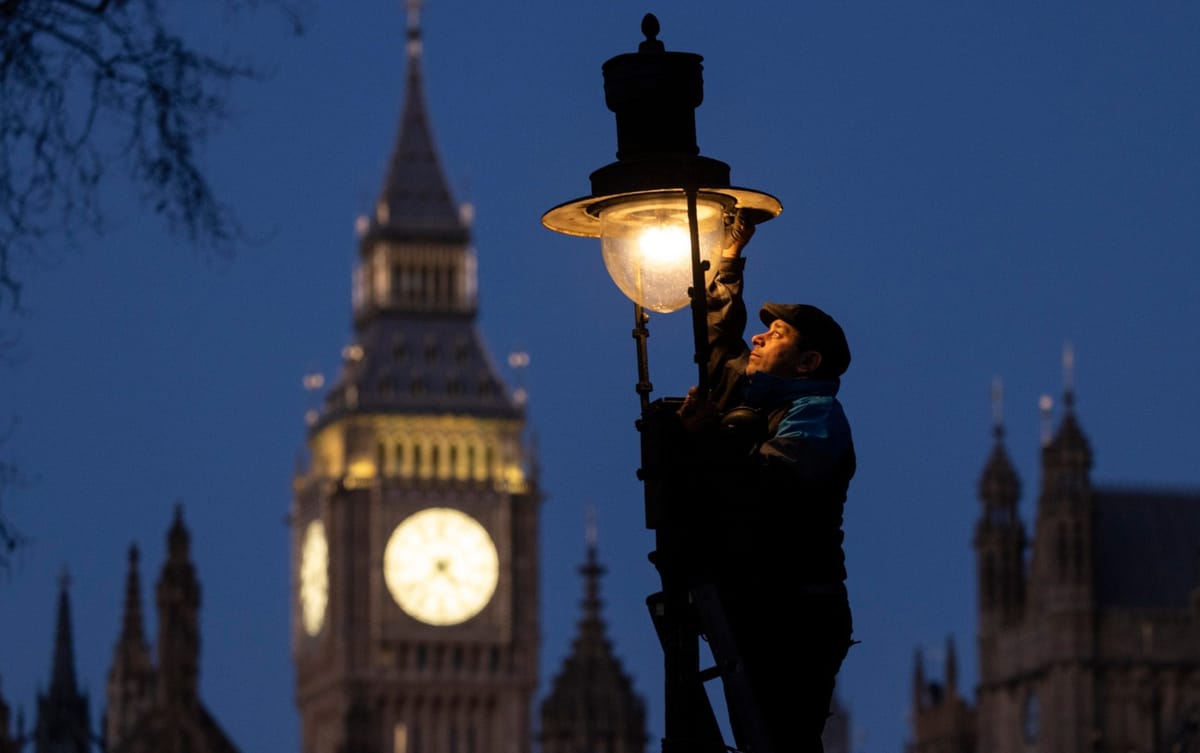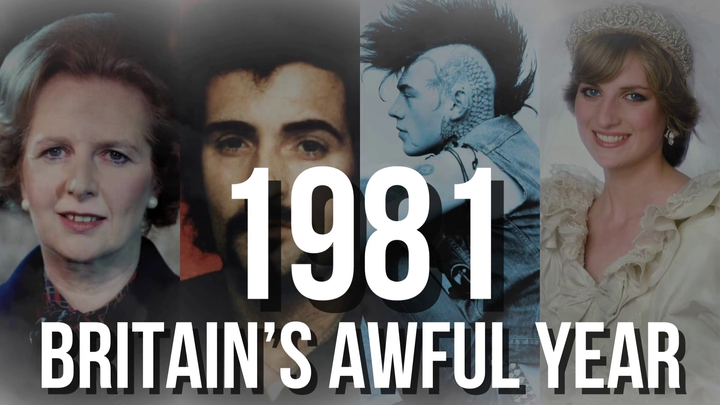The lamps that went out: My yearly thoughts on the outbreak of World War I.
Edward Grey's famous quote leaves us with a lot to think about 110 years later.

This column is a bit more raw and perhaps less focused than usual. This week I’m in the most intensive phase of production of my newest video for my YouTube channel, which will be about Russian dictator Vladimir Putin’s early life and rise to power, and that’s been consuming me for days. But, with as much thinking as I do about the outbreak of World War I—which I’ve written about on this blog before here, and here—it’s hard to watch August 4 tick by on the calendar without saying something about a historical subject that I’ve returned to, again and again, in my mind and work, and which I still believe is more relevant than ever to the state of the world today.
One hundred and ten years ago yesterday, on August 4, 1914, the government of Great Britain went to war with Germany when its latest diplomatic ultimatum—demanding that the Germans withdraw their army from the Belgian frontier—expired without a response. The crisis was triggered on June 28 by the assassination of Archduke Franz Ferdinand, heir to the throne of Austria-Hungary, but it touched off a conflict that was decades in the making and essentially looking for a spark to ignite it. On the night before the ultimatum expired, Sir Edward Grey, British Foreign Secretary, said to his friend, newspaperman John Alfred Spender, while they watched the gas lamps being lit in St. James’s Park below his London office window, “The lamps are going out all over Europe. We shall not see them lit again in our lifetime.” This is one of the most famous quotes associated with the coming of the Great War.


